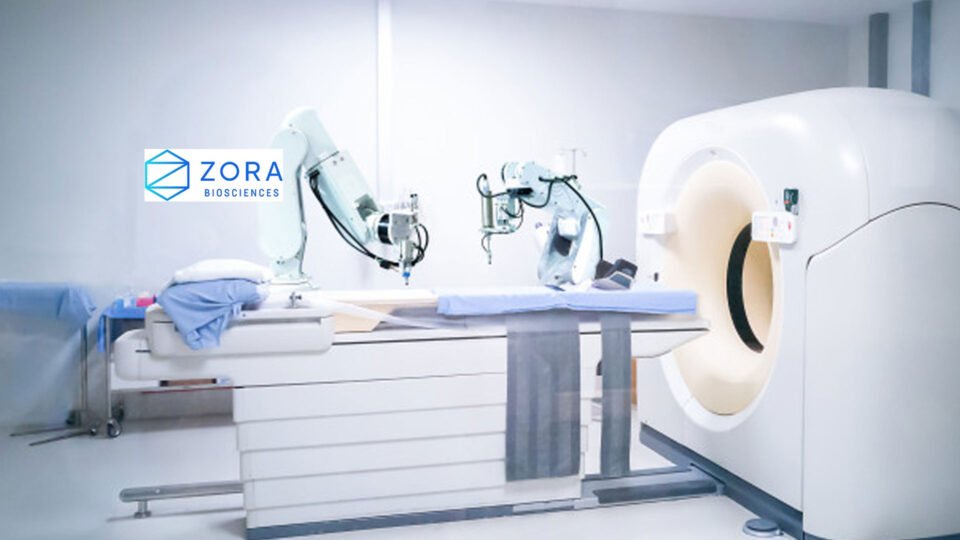Zora Biosciences Oy, a clinical diagnostics company whose mission is to identify robust markers of disease and develop them into high-throughput, health-economic value-added clinical methods, today announced it has signed a non-exclusive license agreement with Quest Diagnostics (NYSE: DGX), the world leader in diagnostic information services, for Zora’s patented ceramide-analysis technology.
Quest plans to develop a test service based on Zora’s ceramide technology as an aid in identifying patients at risk for cardiovascular-related disease and death, assuming successful test development and favorable market conditions. Research indicates that ceramides, a type of blood lipid, can provide evidence of potential cardiovascular-related death risk in patients with stable coronary heart disease and acute coronary syndrome independent of LDL-cholesterol status.1 Quest expects to begin to offer the new test service in the United States through its Cardiometabolic Center of Excellence at Cleveland HeartLab as soon as next year.
“In the post-COVID era, it will be increasingly important to reduce the healthcare burden and by investing in prevention, early detection and effective intervention, patient morbidity, mortality and societal costs can be reduced. Zora’s ceramide-based technology can take cardiovascular testing beyond LDL cholesterol to the next level of precision in cardiovascular diagnostics. Our relationship with Quest Diagnostics is a significant stepping stone for Zora by giving our test potentially wide access to the United States, where heart disease is a critical healthcare issue,” said Reini Hurme, Zora CEO.
Zora Biosciences Oy employs its ceramide-based technology in a test service called CERT available in Finland with plans to expand availability across Europe near term. The relationship with Quest Diagnostics is expected to expand the use of ceramides in the United States, where cardiovascular disease is the leading cause of death. The American Heart Association predicts that nearly half of the American population will have some form of cardiovascular disease by 2035. Currently, in the United States, someone has a heart attack every 40 seconds.2
“The data supporting the use of ceramides show its potential to identify patients at risk for recurrent heart attacks and death before they occur. With these insights, providers and patients can take more aggressive preventative measures to reduce risk, improve outcomes and lower healthcare costs,” said Mouris Saghir, PhD, vice president, general manager, Cardiovascular Metabolic and Endocrine Franchise, Quest Diagnostics. “Ceramide-based lab services would complement and extend our industry-leading menu of cardiometabolic tests, which is focused on empowering providers and patients with insights to identify the potential for adverse events at their earliest, most treatable stages.”

